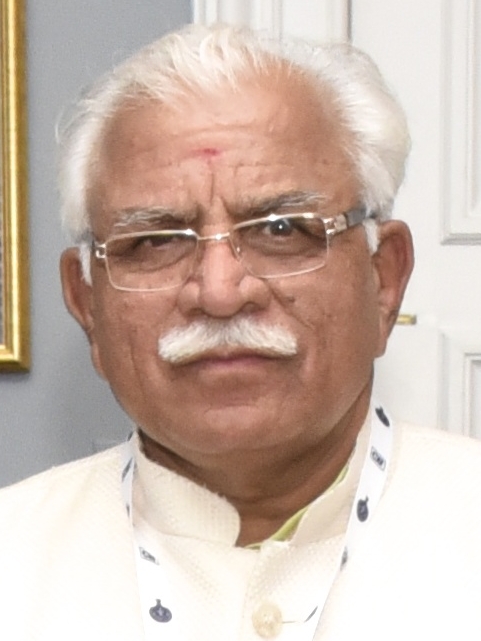The Ministry of Power held a crucial Parliamentary Consultative Committee meeting in New Delhi yesterday, chaired by Shri Manohar Lal, Union Minister for Power and Housing & Urban Affairs, with the participation of Shri Shripad Yesso Naik, Minister of State for Power. Members of Parliament from both the Lok Sabha and Rajya Sabha were present, discussing the country's ambitious National Electricity Plan (NEP), focusing on generation capacity and renewable energy. Key Discussions and Highlights:
The session featured a detailed presentation on Generation Capacity and Future Projections by Shri Ghanshyam Prasad, Chairman of the Central Electricity Authority (CEA). Shri Manohar Lal emphasized the critical role of power in India's development and its goal of becoming a developed nation by 2047. He highlighted the growing demand for electricity and the urgency of increasing power generation while adhering to the country's carbon net-zero commitments. Shri Lal reiterated that the emphasis will be on non-fossil energy sources, with a particular focus on expanding energy storage capacity to ensure affordable and reliable electricity. He called for enhanced coordination between state and central governments to meet energy goals.
Progress on Generation and Renewable Energy
India's installed generation capacity as of October 31, 2024, stands at 454.5 GW, composed of 243.1 GW thermal, 8.2 GW nuclear, and 203.2 GW renewable energy (including 46.97 GW from large hydro). The country has seen a compound annual growth rate (CAGR) of 5.97% in installed capacity since 2014-15. The overall gross generation from all energy sources in 2023-24 reached 1739 BU (billion units), with 76% from thermal, 21% from renewables, and 3% from nuclear power. This marks a significant increase from 1033 BU in 2013-14 to 1739 BU in 2023-24, reflecting a 5.4% CAGR in generation.
During the year, the peak demand reached around 250 GW in May 2024, while energy requirements grew at a rate of 5% from 2013-14 to 2023-24. The government has minimized energy shortfalls, ensuring that supply meets demand.
Future Projections and Storage Needs
Looking ahead, demand projections for 2031-32 indicate a peak demand of 366 GW and an energy requirement of 2474 BU. For 2026-27, the peak demand is estimated at 277 GW, and the energy requirement is projected to be 1908 BU. To meet these projections, a total energy storage capacity of 16.13 GW/82.37 GWh (including both pumped storage and battery energy storage systems) will be required by 2026-27.
The National Electricity Plan also targets the addition of 500 GW of non-fossil-based energy by 2030. This ambitious target is supported by an estimated fund requirement of Rs 14,54,188 Crores for the period 2022-2027, covering capacity additions and advance projects for 2027-2032.
Carbon Emissions and Green Energy Goals
The government aims to reduce the emission factor from 0.548 kg CO2/kWh in 2026-27 to 0.430 kg CO2/kWh by 2031-32, reflecting the transition to cleaner energy. By 2026-27, the share of non-fossil-based capacity is projected to rise to 57.4%, further increasing to 68.4% by 2031-32.
Input from Members of Parliament
Several MPs expressed their support for the government's green energy initiatives and the National Electricity Plan, particularly its focus on renewable energy and energy storage. They provided valuable suggestions regarding the implementation of schemes, compensation for farmers, and measures to support renewable energy generation.
Shri Manohar Lal concluded the meeting by thanking all participants for their insights and emphasized the need for swift action to incorporate the recommendations into the National Electricity Plan. He directed officials to prioritize the welfare of the people and ensure that the plan aligns with India's broader sustainable development goals.
The Parliamentary meeting on the National Electricity Plan marks a crucial step in shaping India's energy future. By focusing on renewable energy, storage solutions, and carbon neutrality, the plan is poised to drive India’s transition to a greener, more sustainable energy landscape while meeting the growing power demand across the nation.

